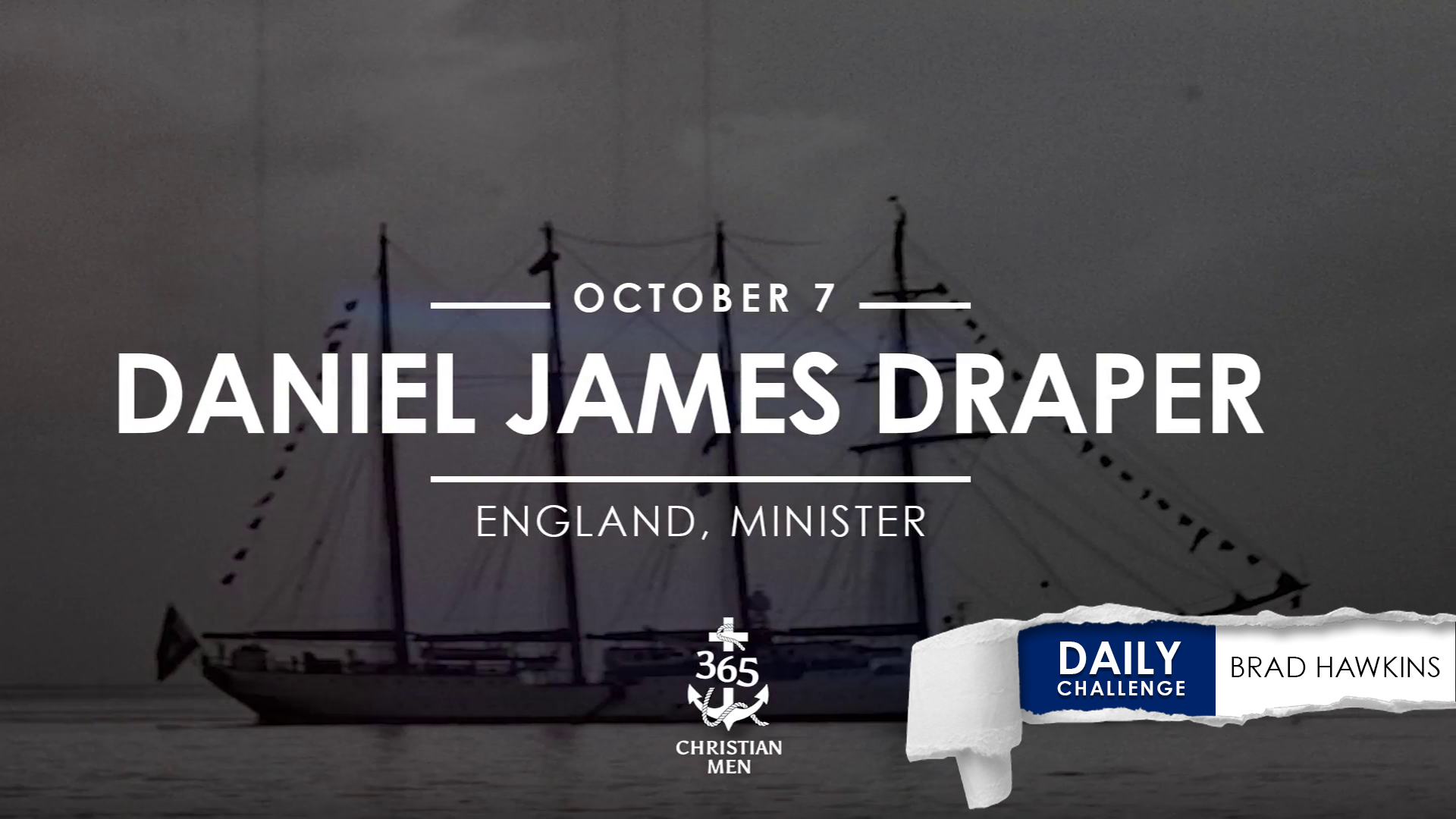October 10. Chris Green. Chris used to work for FedEx. Now—all around the world—he rescues children.
He founded Vision for the Children, International (VFTCI), which provides proactive and preventative care for at-risk children and their families. Because more than 80% of the 150 million UNICEF orphans in the world actually have a living parent, VFTCI finds ways to change the conditions that force parents to abandon their children.
Chris’s group operates Transitional Living Centers for abandoned mothers with children and provides safe, healthy after-school programs. They also reach out by means of Kids’ Club programs, village outreach ministries, and various summer and holiday programs. On this date in 2018, Chris purchased computers for 400 at-risk kids in northern India.
When God calls, get set for a powerful adventure.
In a village in northern India, a computer classroom sat empty. The walls, painted a bright blue, boasted power strips above the hand-built desks. Christ-followers had established the school for the 400 children, and the community was grateful for quality education.
But there were no funds for computers that would prepare their students for success beyond the school walls. Staff, students, and teachers prayed for computers.
On the other side of the world in Colorado, Chris Green returned from launching a computer lab in southern India.
(Eight years before, God had called him and his wife Monique out of their “comfortably numb” American life to adopt two Ukraine siblings, and Chris and Monique had responded. Then God told Chris that was just the beginning. Would Chris say yes when God called again? Chris swallowed hard. “Whatever it is you ask me to do, I’ll say yes,” Chris said, “no matter how uncomfortable it is.” That’s when God prompted Chris to start VFTCI, a non-profit that serves at-risk kids around the world, and Chris said yes.)
Now, after eight years of working full-time as a manager at FedEx® and simultaneously leading VFTCI, Chris faced burn-out. It felt like he could never do enough.
In April, as he considered shutting down VFTCI, a church friend asked Chris and Monique to host Aarav, an Indian man scheduled to speak. Chris said yes.
And he was immediately drawn to Aarav’s quick smile. Like Chris, Aarav was on a powerful adventure to help at-risk kids. Chris told him that the organization focused on connecting at-risk kids to a loving community through Computer Learning Centers (CLCs).
The men enjoyed the visit and parted. In early summer Aarav learned about the school in northern India, who—for nearly three years—had been praying for computers.
And Aarav called Chris.
Seeing God making connections like this energized Chris. The school needed $6,000 for computers. Aarav was soon going to India on business, so he volunteered to oversee the installation, saving VFTCI the expense of putting someone on the ground in India.
But where would Chris get the funds?
VFTCI didn’t have the money, but Chris had promised that if God led, he would respond, so Chris gave Aarav $1000 seed money. And Chris tried to raise the additional $5,000, but the money didn’t come. He felt confused.
God nudged again. Donating more to the computer lab meant trusting God as bills came due in the months ahead. Chris sent an additional $2,000. VFTCI received a $1,500 grant and a $1,000 donation, so VFTCI’s needs were met!
But Chris still needed $3,000 to fully fund the computer lab. Discouraged, Chris told Aarav to get whatever computers he could—maybe 6 or 8 of the 16 the school needed. He waited to see what God would do.
In India now, Aarav and the school reconfigured how the computers would be used. They could run the lab with only 10 computers. There wasn’t enough money for 10, but Aarav would do what he could. When he went to buy the computers, he negotiated a deal: all 10 computers for $2,800, $200 less than VFTCI had sent!
Five days later the CLC launched. Three-pronged cords filled the once-empty electrical sockets, brought computers to life, and the bright-blue computer lab now teamed with excited children connecting to the wide world.
When Aarav told Chris, he was overjoyed. A weight fell away. His responsibility was to say yes to God’s prompting, not to carry the weight of the needs.
“It’s mind-boggling,” Chris said. “When I was at my lowest, wanting to quit, God did miraculous things for kids through VFTCI. I don’t go out searching for these things. But God brings them.”
Chris posted this scripture where he could see it often. “The smallest family will become a thousand people, and the tiniest group will become a mighty nation. At the right time, I, the LORD, will make it happen” (Isaiah 60:22 NLT).
Have you heard God calling? Are you ready to say yes? When God calls, get set for a powerful adventure.
Based on interviews with Chris and Monique Green.
Story read by: Joel Carpenter
Introduction read by: Daniel Carpenter
Audio production: Joel Carpenter
Story written by: Abigail Schultz, https://www.instagram.com/abigail_faith65/
Editor: Teresa Crumpton, https://authorspark.org/
Project manager: Blake Mattocks
© 2020, 365 Christian Men, LLC. All rights reserved.














